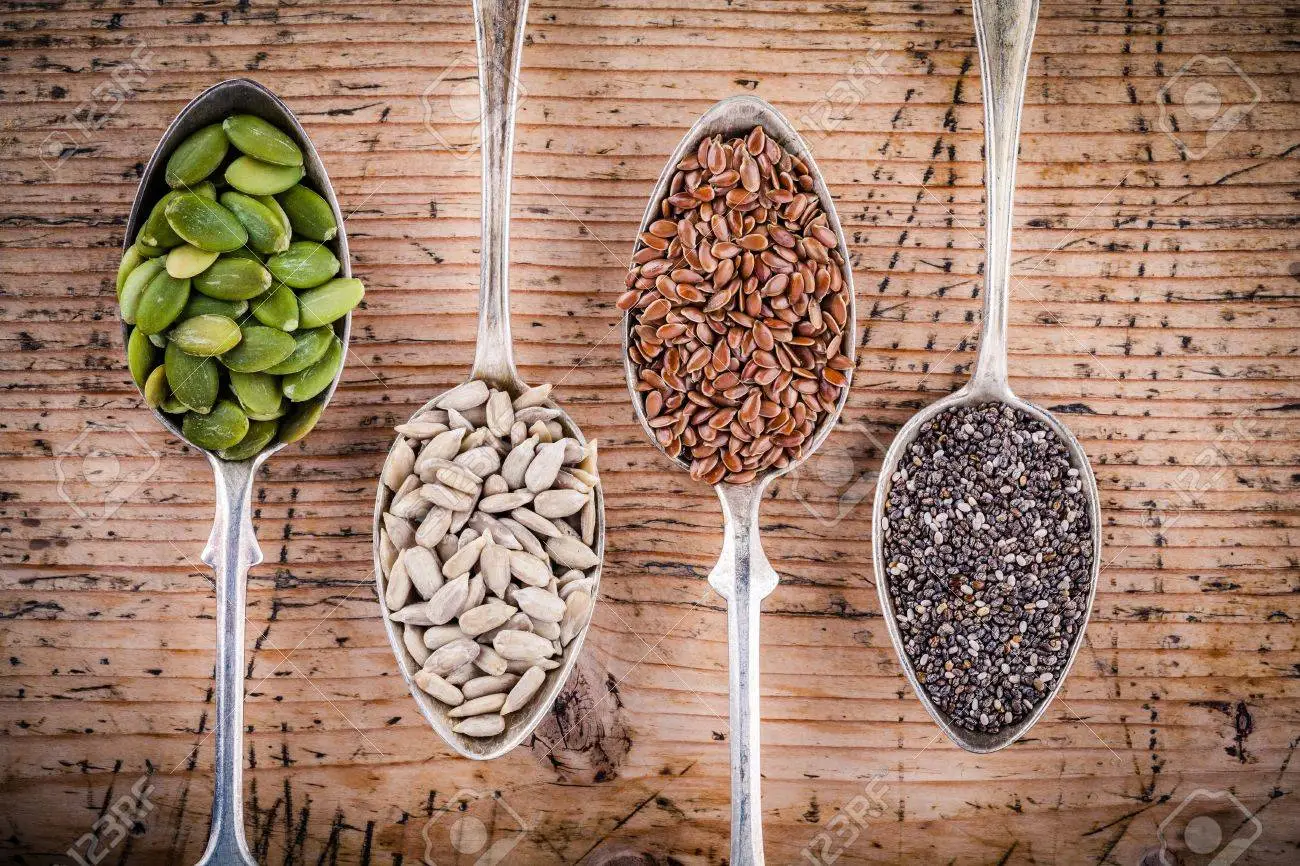
As a responsible dog owner, it's essential to ensure that your furry friend receives a well-balanced and nutritious diet. One way to enhance the nutritional value of your dog's diet is by adding seeds to their meals. In this blog piece, we'll explore the benefits of adding seeds to your dog's diet and why it's a great idea.
First and foremost, seeds are an excellent source of essential fatty acids, including omega-3 and omega-6, which play a crucial role in your dog's overall health. These fatty acids are crucial for maintaining healthy skin and a shiny coat, promoting joint health, and supporting brain function.
Secondly, seeds are packed with vitamins and minerals, including vitamin E, zinc, and magnesium. Vitamin E is a powerful antioxidant that helps to protect cells from damage and supports healthy immune function. Zinc is essential for maintaining healthy skin, wound healing, and supporting a healthy immune system, while magnesium helps to support muscle and nerve function.
Thirdly, seeds are high in fiber, which is crucial for maintaining digestive health in dogs. A healthy digestive system is essential for overall health and can help prevent a range of digestive issues such as constipation and diarrhea.
Lastly, seeds are also an excellent source of protein, which is essential for building and repairing tissues in the body. This makes them a great addition to your dog's diet, especially if you're feeding them a plant-based diet.
Some of the best seeds to add to your dog's diet include chia seeds, flaxseeds, pumpkin seeds, and hemp seeds. These seeds are readily available and can be easily incorporated into your dog's meals.
In conclusion, adding seeds to your dog's diet can provide a range of health benefits and help support their overall wellbeing. If you're unsure about how to incorporate seeds into your dog's meals, speak to a veterinarian or a nutritionist who can advise you on the best options for your furry friend.





